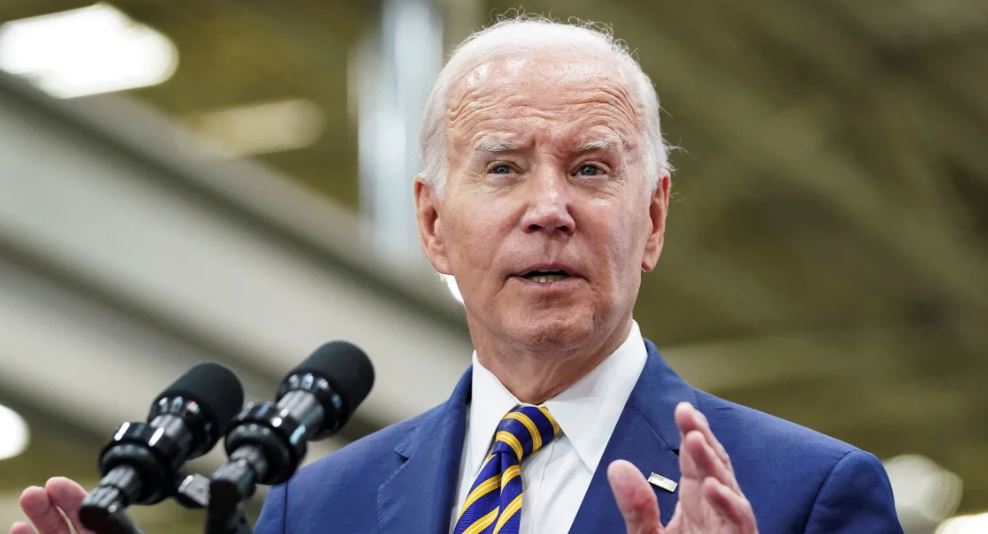Diplomatic Reversal Amidst Regional Turmoil
In a move that is sure to stir debate, the Biden administration has decided to lift a three-year-old ban on the sale of offensive weapons to Saudi Arabia. This policy reversal, confirmed by the State Department, aims to bolster relations with the kingdom amidst ongoing turmoil in the Middle East, particularly in the wake of Hamas’s deadly October attack on Israel.
Conditions and Considerations
While the ban has been lifted, the State Department has emphasized that future arms transfers will be evaluated on a “case-by-case basis,” adhering to the Conventional Arms Transfer Policy. This suggests a cautious approach, with each potential sale subject to rigorous scrutiny and congressional review. The decision has already garnered mixed reactions, with some lauding it as a necessary step to strengthen regional security, while others condemn it as a concession to a regime with a questionable human rights record.
Evolving Dynamics in Yemen
The administration’s decision comes in light of a significant reduction in Saudi airstrikes in Yemen and a decrease in cross-border attacks since a U.N.-led truce was implemented in March 2022. Furthermore, the State Department acknowledges the efforts made by the Saudi Ministry of Defense to mitigate civilian harm, attributing some of these improvements to the training and guidance provided by U.S. advisors.
Warming Relations and Strategic Interests
The lifting of the ban also reflects a broader warming of ties between the US and Saudi Arabia. In the aftermath of Hamas’s attack on Israel, Washington has sought closer collaboration with Riyadh to formulate a post-war plan for Gaza. The Biden administration is also engaged in negotiations with Saudi Arabia for a defense pact and a civil nuclear cooperation agreement, seen as crucial steps toward a potential normalization of ties between Saudi Arabia and Israel.
Conclusion
The Biden administration’s decision to lift the ban on offensive weapons sales to Saudi Arabia represents a significant shift in US foreign policy. While framed as a strategic move to bolster regional security and counter Iranian influence, it also raises concerns about human rights and the potential for further escalation in an already volatile region. The international community will undoubtedly be closely observing the implications of this decision in the months and years to come.
Soumya Smruti Sahoo is a seasoned journalist with extensive experience in both international and Indian news writing. With a sharp analytical mind and a dedication to uncovering the truth, Soumya has built a reputation for delivering in-depth, well-researched articles that provide readers with a clear understanding of complex global and domestic issues. Her work reflects a deep commitment to journalistic integrity, making her a trusted source for accurate and insightful news coverage.



